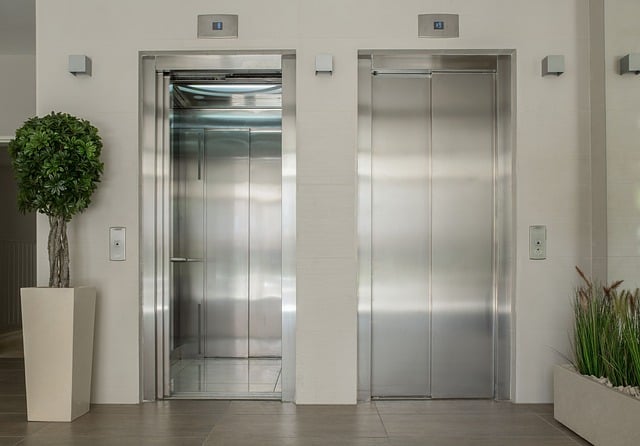
People who live in tall buildings dread broken elevators. They cause delays - and repeatedly broken elevators can even cost you, residents, as people move out. Some residents, of course, are unable to use the stairs at all.
Condominium owners expect to be able to reliably access elevators at all times, but too many building managers and condominium associations forget about elevators until something goes wrong. That leaves you with residents complaining, the building taking a hit to its reputation or, worse, having to rescue somebody stuck in the elevator. The solution is proper, regular maintenance - but a lot of people don't know what the best practices are. Here are some tips.
1. Talk to elevator service companies about a service contract that covers regular maintenance and emergency calls. The level of contract you need depends on the size and height of the building and how much use your elevators get. A three or four-story building with mostly younger residents may see the elevators used primarily for freight and relatively rarely. A twelve-story building is going to be a different story. Most passenger elevators should be inspected at least monthly. If your elevators see heavy use, consider a contract that covers all repairs, not just routine maintenance. If they do not, then you might get away with routine maintenance only. This has to be balanced with condo fees.
2. Set elevator guidelines that help reduce wear and tear on the elevators. For example, requiring residents to use the freight elevator, schedule a time, and use the freight elevator key not only reduces wear on the inside of the elevator but also means people are not propping open the doors to move furniture, which can cause problems with the doors. If you do not have a freight elevator, then at least require them to schedule moves or large deliveries so you can install padding.
3. Consider providing a list of things that may indicate elevator problems to your residents and encouraging them to report issues such as burned-out lights, doors rattling, or the elevator itself making unusual noises. This allows maintenance to be performed before the problem escalates, and residents may notice a problem before staff does.
4. If you have a concierge within view of the elevators, have them keep an eye on wait times and door issues - an increase in wait times can also be an early indicator of a problem. Obviously, this is in relation to traffic - you may, for example, find wait times go up during rush hour or before dinner time on weekends.
5. Check that elevator intercom phones work regularly - every other week or so. This is something your own staff can do, and is vital - even the best-maintained elevator can get stuck occasionally. (Fire service tests are generally done during routine maintenance).
6. Keep proper logs of when your elevators require servicing. Bear in mind that you can use reliable elevators as a selling point to new tenants - it really does matter to people, especially in buildings that are five or more floors. At the same time, logs can show that a particular elevator is having problems more often and help you monitor the overall health of your elevators and know when you need to consider overhauling or even replacing them.
Elevators are a vital service - and a condo association that neglects regular maintenance will end up with more costs, in the long run, costs that then need to be passed on to owners. As it can cost $30-50k to replace elevators, proper routine maintenance is always going to be cheaper. For more advice on elevators - and other matters of importance to condominium associations - contact GrandManors a high-rise condominium management provider.

